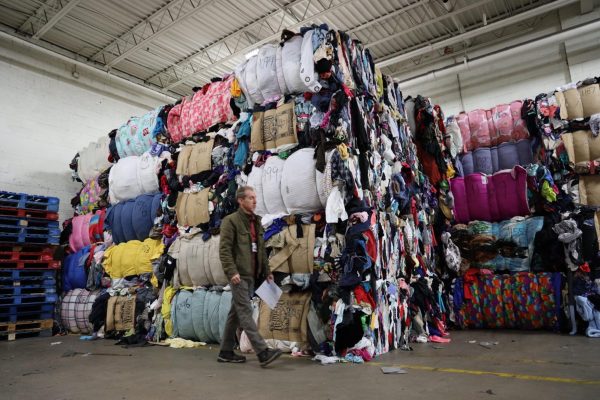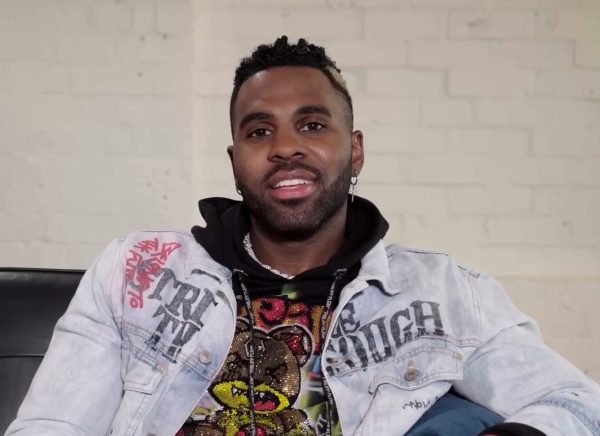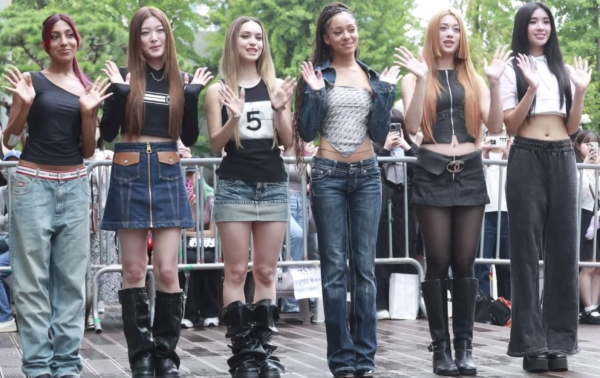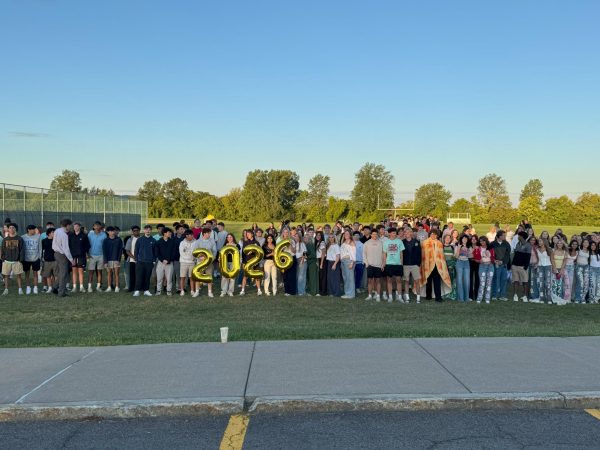The difference in the responses to BLM and anti-mask protests, and why it matters
Following multiple instances of police brutality and shootings, particularly the death of George Floyd, protests broke out all across the country calling for recognition and reformation of racism within the systems we should be able to rely on. These protests raised legitimate concerns and points, brought on by many examples and a long history of racism within criminal justice, legislation, etc, with the vast majority of them, over 90%, being peaceful; people were marching with signs and slogans and making their point.
And yet, the response to this illustrates a very obvious fact: the callout of inequality, no matter how, is a threat to the people who benefit from it. Peaceful protestors were met with armed resistance, with federal agents dressed in riot gear blocking them, beating them, hitting them with tear gas. Some protestors were “kettled,” wherein police officers in large groups forced all the people into a single area; a technique supposed to be used only if necessary to contain disorder, was instead used as another way to hit protestors with “chemical agents.” Plainclothes policemen grabbed protestors and threw them in vans, holding them for hours without giving them any reason for their arrest.
The sheer disrespect these peaceful protestors were given only becomes clearer when juxtaposed against another group of protests which were at large last year: the anti-mask protests. Mask mandates have caused a rather ridiculous amount of rage among some, and very little demonstrates this better than the anti-mask protests themselves. The protests are filled with maskless people, putting themselves at risk both for spreading COVID-19 and contracting the disease themselves. A common claim in these was that wearing masks is “against their rights,” that it is harmful to wear a piece of cloth on your face to try and help negate the spread of a disease which, as of now, has killed over 600,000 people in the US alone.
But for all that anti-mask protestors were often more aggressive with police, they were not ‘cracked down’ on even close to how harshly BLM protests were. There were few, if any at all, examples of tear gas, of beatings, of plainclothes arrests for calling out systemic and historical inequality, because they weren’t. The anti-mask protestors believed their own status quo to be above science and necessity, and that is something the government has shown itself to be so much more comfortable with.
Former president Donald Trump called cities such as New York and Seattle ‘anarchist’ cities, and called for a ‘crackdown’ on BLM protestors, calling them ‘rioters’ and ‘violent.’ By contrast, he refused to wear a mask himself in public, refused to follow any COVID-19 safety guidelines at any of his rallies, and often mocked those who did so and followed science. He is far from the only one – Florida governor Ron DeSantis is another official who has often refused to follow COVID guidelines – and these anti-mask protestors were often spurred on by this, by the encouragement and support of the former president, who used a very similar strategy when encouraging the January 6th insurrection.
The difference between how these two protests – one against science and one calling out systemic issues – were responded to, demonstrates another example of a theme: the clear bias against minority groups in America, the distaste for when people dare to call it out, and the refusal for people to demand something be done about it. The former president may be the easiest example of this, using dehumanizing and cruel language against BLM protestors and actively encouraging anti-mask protestors, but he’s far from the only one; many people would rather proclaim that wearing a mask to stop the spread of a new and deadly virus impedes their rights, than respect and listen to those who call for change and reformation of discriminatory and racist systems in peaceful protests. The bias is clear – and it’s far from unique to this; anti-mask vs BLM protests and how they’ve been handled is only a single example.











